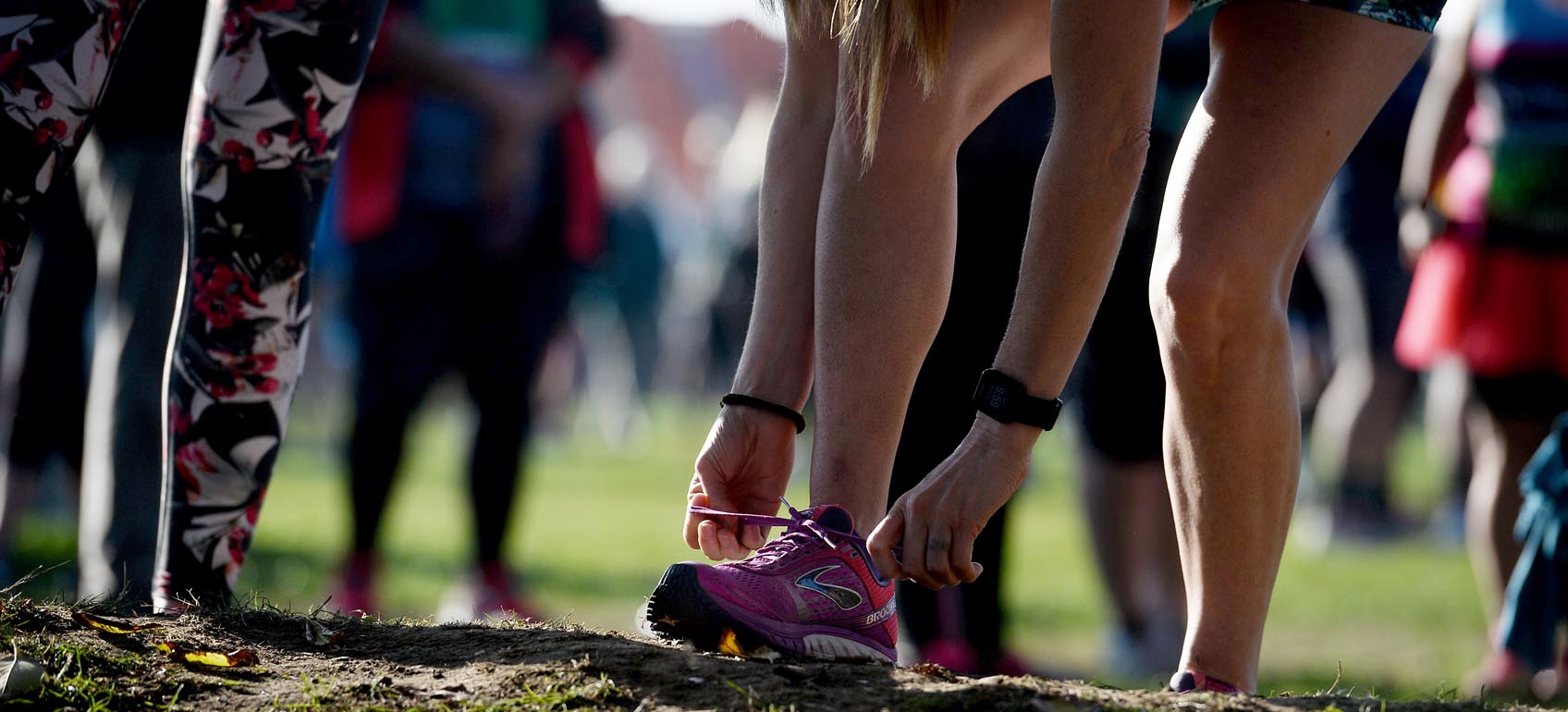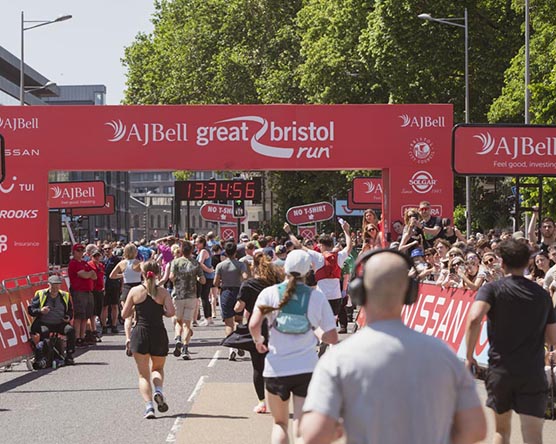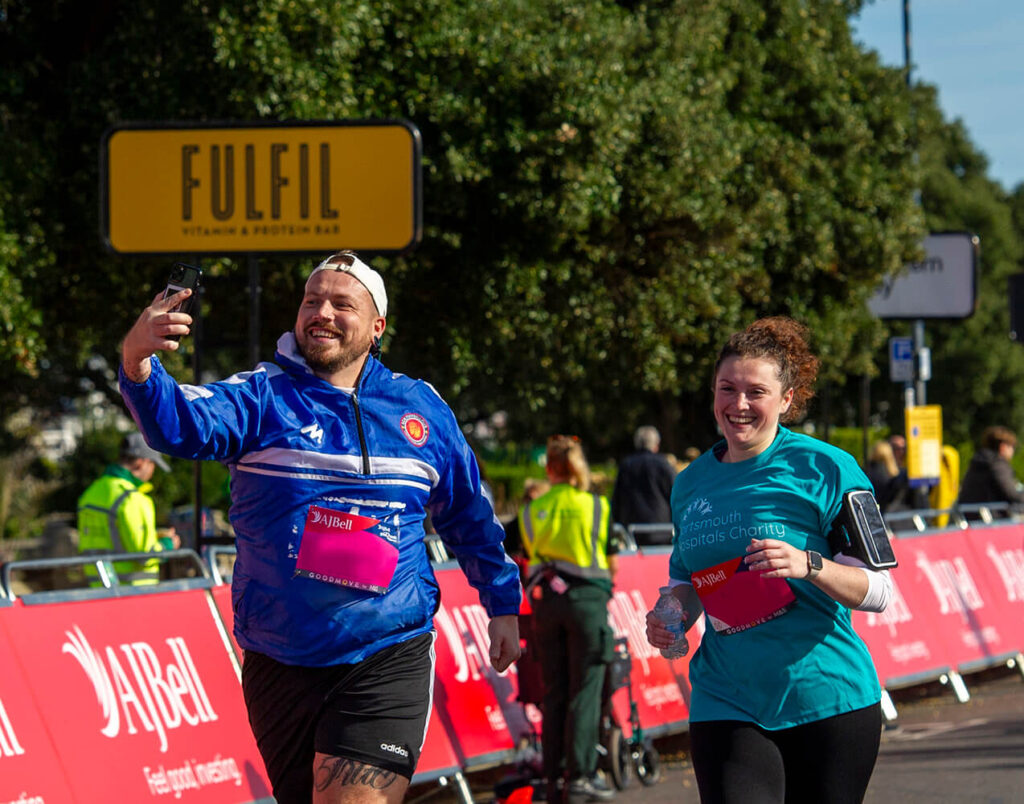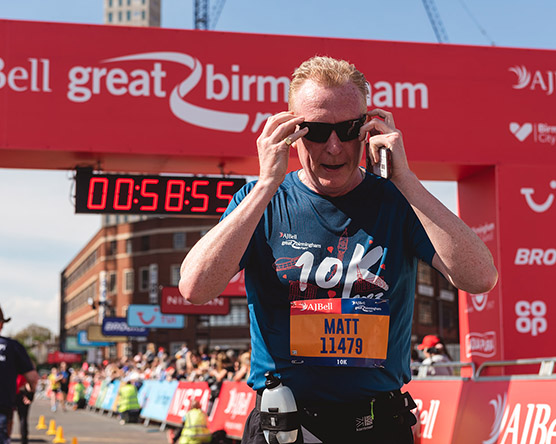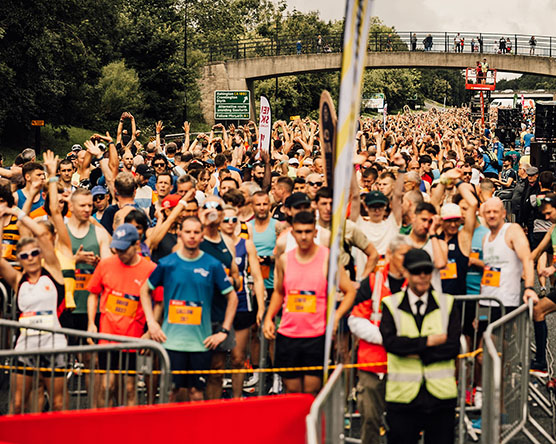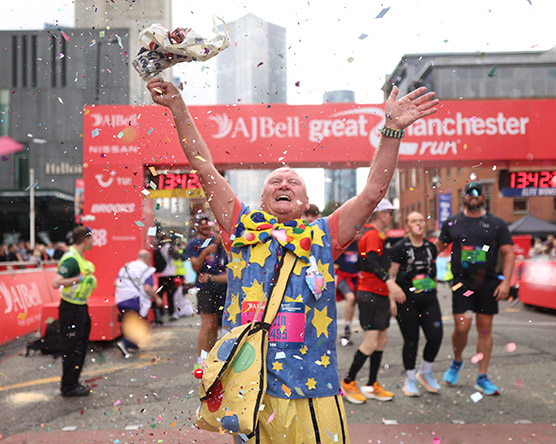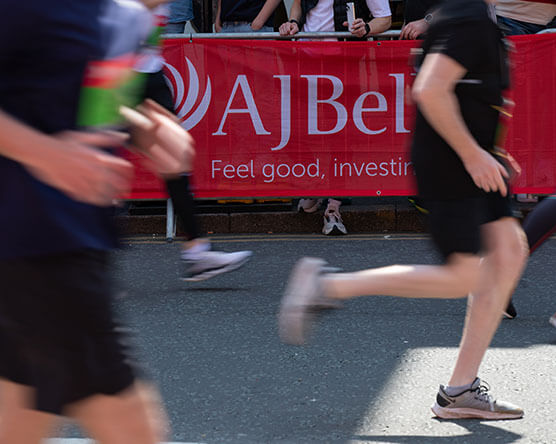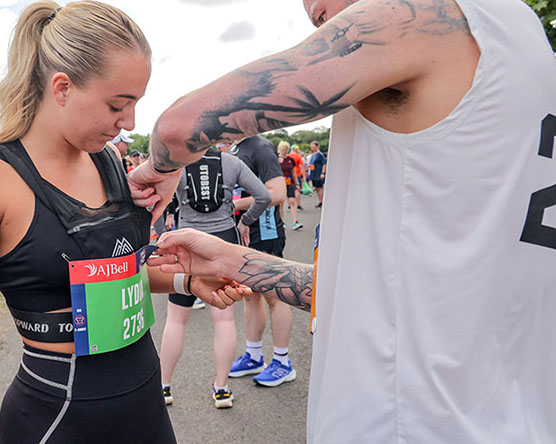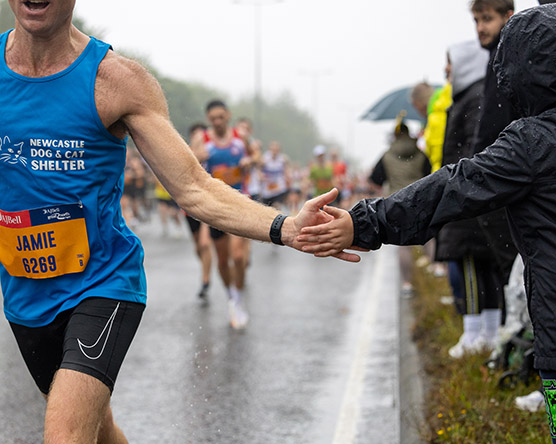If you’ve signed up for a 10k, huge congratulations. 10ks are the most popular event distance in the UK and make a great step up challenge-wise from a 5k. If you haven’t been well and truly bitten by the running bug, you soon will be…!
One of the most daunting aspects of committing to a running event though is the training – and, most importantly, choosing the correct plan for you. A quick Google will throw up plans that promise 10k success in as little as six weeks, whereas others say that you need three months.
So how long does it really take to train for a 10k?
There is no perfect 10k training time
First off, let’s banish a myth – that there’s a ‘perfect’ time or training plan for a 10k. Just as we’re all different – different ages, genders, builds and with varying levels of running experience and preferences – there are lots of different ways to approach training.
There are some shared good practice principles but, within that, there’s a lot of variety. If a plan swears that it offers the only or the best way to train, start asking questions.

Is it possible to pack training into 6 weeks?
It *is*…but it very much depends on how much recent running experience you have.
Running regularly and looking to improve your 10k time rather than wondering if you can make it round the course? Then yes, you’ll have a good baseline level of fitness and your body will be used to the demands running places on it. In that case, it’s certainly possible to train for a 10k event in 6 weeks.
For less experienced runners, including those running their first 10k, attempting to train in 6 weeks can feel quite pressurised – both physically and mentally. The last thing you want is an annoying injury to put a premature end to your running career.
There are plenty of 8, 10 and 12 week plans out there (we’ve got some of our own here) – or, if you’re a new runner and determined to do a 10k in the 6 weeks you have, think about taking a run/walk approach.

Don’t just think about how long – remember MILR
Whatever plan you choose, make sure the building blocks of effective training are there: that’s miles, intervals, longer runs and recovery, or MILR.
Running the same distance at the same pace several times a week – and perhaps increasing your miles slightly over time – might feel like a good approach to hitting your 10k goals. However, you need to alternate long and short distances at different intervals (paces/levels of intensity) plus hills to really see your performance improve and build the confidence you need to tackle that longer distance.
And don’t forget about everyone’s favourite R, for recovery or rest days – vital for your muscles to repair themselves and avoiding wear and tear injuries.
Looking for your ideal 10k training plan? We’ve got a whole range here.

